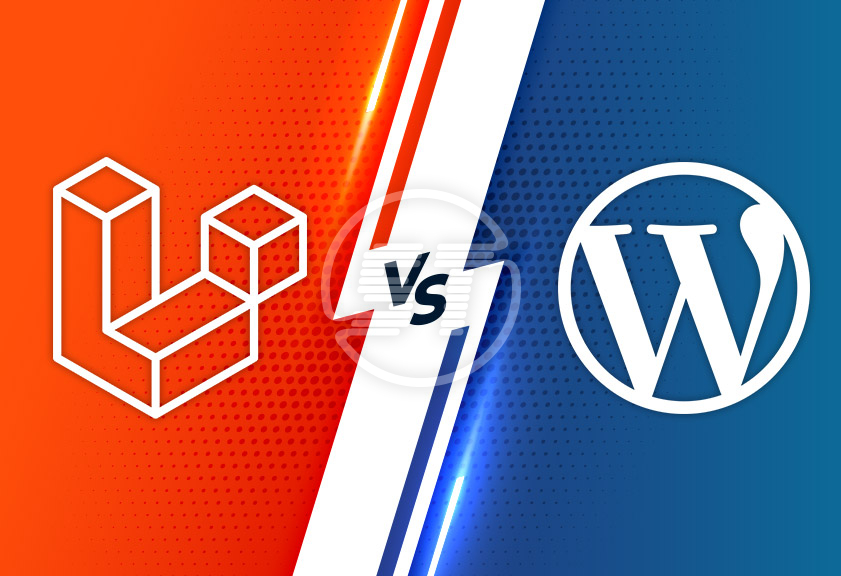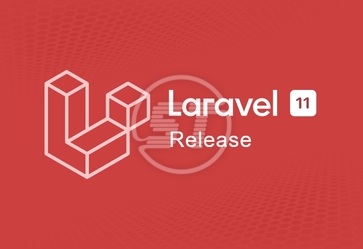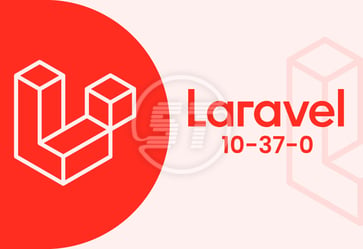We cannot ignore the truth that web development isn't what it used to be, can we? Websites nowadays have inconceivable aesthetics and unexpected features, making our usual experiences more delightful than ever. What triggered all of this? Well, cutting-edge tools like WordPress and Laravel deserve credit. These web development suites encompass several frameworks and extensions to transform a dream into a real website.
However, when it comes to developing websites, you need to choose WordPress vs Laravel. Sounds perplexing, right? Like you, many enterprises and developers struggle with the same dilemma every day. But, not anymore! Below we announce the ultimate clash between WordPress and Laravel. Let's see who comes out on top!
WordPress - What is It?
Hang on! Before going anywhere, it’s customary to introduce the two contenders to you - WordPress and Laravel. Let’s start with the former one!
So, what is WordPress? In novice terms, WordPress is the go-to destination for everyone, beginners and experts, to build fascinating websites and blogs from scratch. Essentially, it’s a Content Management System (CMS) that lets you develop fully functional web experiences without coding. Yes, you’ve heard it right! You don’t require programming expertise to create websites using the WordPress platform.
What Do You Mean by Laravel?
Heading over to our next warrior - Laravel. So, what is Laravel? Well, Laravel is a more elusive web development framework driven by PHP. It relies on the Model-View-Controller (MVC) architecture to surface never-seen-before experiences for us. Based on Symfony, Laravel drills into more advanced website aspects like HTML, templating, and routing and provides you with more flexibility.
Many of you might be thinking, “does using Laravel require coding?”. Yes, it does! As a leading Laravel development company, We aware that Laravel demands having familiarity with the PHP language before you can upshoot a compelling website on the platform.
WordPress vs. Laravel - The Battle Begins!
Now that you are familiar with WordPress and Laravel, it's time to declare war! Being an ardent web developer or a business, learning about the differences between WordPress and Laravel is a must. Come along and walk through the differences between the two most popular web development technologies.
The Difference in the Definitions
You already know WordPress and Laravel definitions, but how do they differ? Well, WordPress is a strict Content Management System and has no coding prerequisites. In contrast, Laravel is a PHP-based and open-source framework, requiring some exposure to programming before you can develop websites on top of it.
How do their Architectures Vary?
Some ideas about WordPress and Laravel architectures, and your choice becomes easy! Laravel boasts a Model-View-Controller (MVC) architecture at its core. A Laravel developer should be well-acquainted with MVC to build Laravel websites effortlessly.
However, WordPress has a beginner-friendly architecture. WordPress runs on plugins, and the websites mold according to their architectures since their inception. Anyone who wishes to dodge the complexities can choose WordPress for its convenient architecture.
Built-In or Extended Functionalities?
You will fall in love with Laravel if you are a pro developer! Laravel comprises several built-in functionalities, making the suite rich and robust. It unlocks massive website development flexibilities to delight the developers.
In contrast, WordPress has limited built-in capabilities. It instead relies on plugins to extend functionalities as and when required. WordPress Development requires extensively installing add-ons and achieving features and aesthetics as desired.
Steep Learning Curve for Laravel
Did you ever wonder what makes WordPress reign in the web development industry? It’s the minimal or flat learning curve! Developers require no new knowledge to get started with WordPress.
What’s the downside in Laravel? It’s a steep learning curve, unfortunately. Developers need to get familiar with PHP language and MVC architecture to understand Laravel fully and use its functionalities optimally.
Website Loading Speed - A Considerable Difference
Many times, we compare WordPress and Laravel by prioritizing features but forget the aftermath. Do you know that your choice can substantially affect website loading speed? Yes, that's true! The WordPress websites might become laggard when loading as they have too many plugins in the background.
Laravel comes as a savior, however. It has swift and lightweight built-in functionalities to keep the final product blazing-fast with minimal loading time. So, Laravel overtakes WordPress in terms of website loading speed.
Authentication Arrangements
Authentication plays a pivotal role when developing a website. You need to prioritize the same right from choosing a complementary platform. Laravel will please you with a gamut of features like authentication and authorization. Developers need not worry too much about such aspects when using Laravel.
WordPress might disappoint you on the authentication parameter. Unfortunately, WordPress doesn’t have built-in capabilities as such. It largely depends on external plugins to provide authentication-like features to the websites.
What about SEO?
SEO is all the rage these days, isn’t it? So, all developers wish to build a content-driven website from scratch. Laravel might fall slightly displeasing when SEO is the mainframe question. A developer will require aligning all content aspects manually as Laravel doesn’t prioritize SEO.
Being a CMS, WordPress levels your website on SEO parameters automatically. With such a content-oriented approach, developers enjoy WordPress and escape investing huge time streamlining SEO aspects.
Customizability is a Significant Distinction
Who doesn't love personalized websites! So, developers prefer high customizability to implement client requirements and satisfy them effortlessly. In such a scenario, there are no better platforms than Laravel. It allows developers to customize everything manually, even at the codebase.
In contrast, WordPress restricts itself to customizability offered by specific plugins. Some paid plugins allow full personalization, whereas the free ones have more limitations.
The Communities
Developers must consider community support when choosing a web development platform. Laravel can be a bit cumbersome as it doesn’t have a massive community. Luckily, WordPress has the largest community among all web development platforms for WordPress Developers.
Phew! The fierce battle between WordPress and Laravel ends finally. Now, it's time to declare the champion. Honestly, the winner depends on your specific requirements. Laravel overtakes WordPress if you wish to access immense flexibility, customization, built-in capacities, and security features. However, WordPress leads Laravel if your demands comprise an SEO-friendly platform, a flattened learning curve, and a high degree of automation. The choice is yours ultimately!
Skynet Technologies provides a wide array of web development services personalized as per the specific demands of our clients across all industries.


